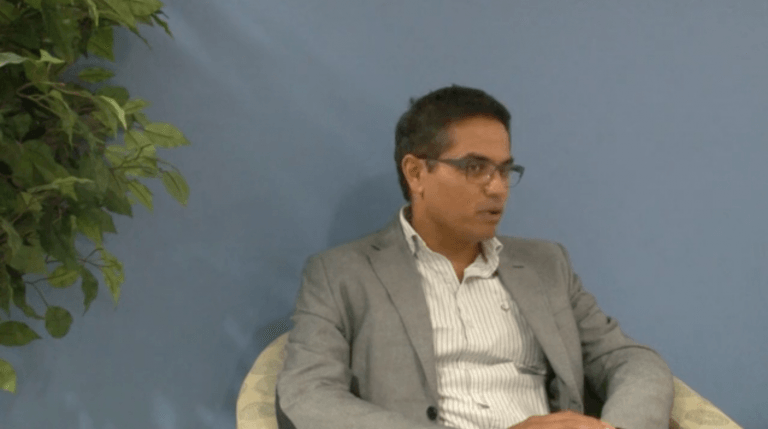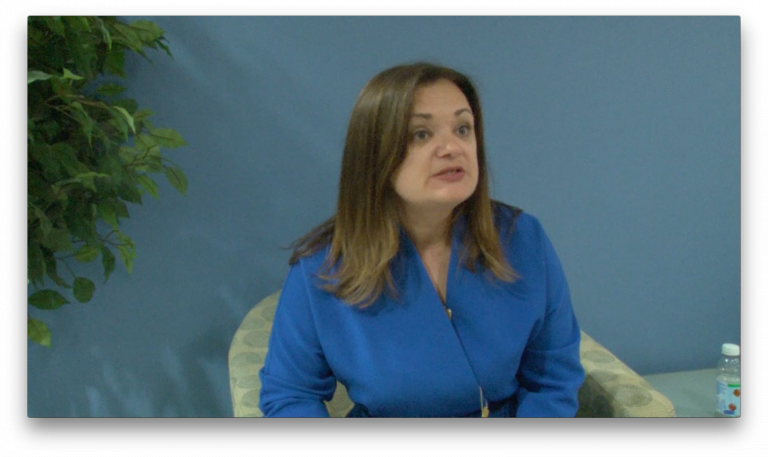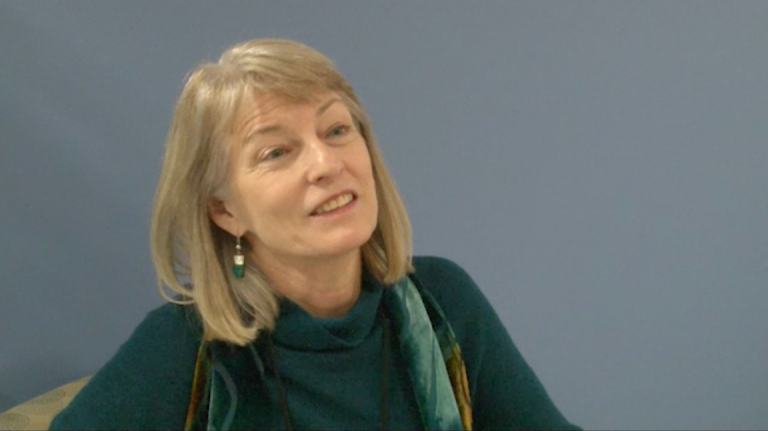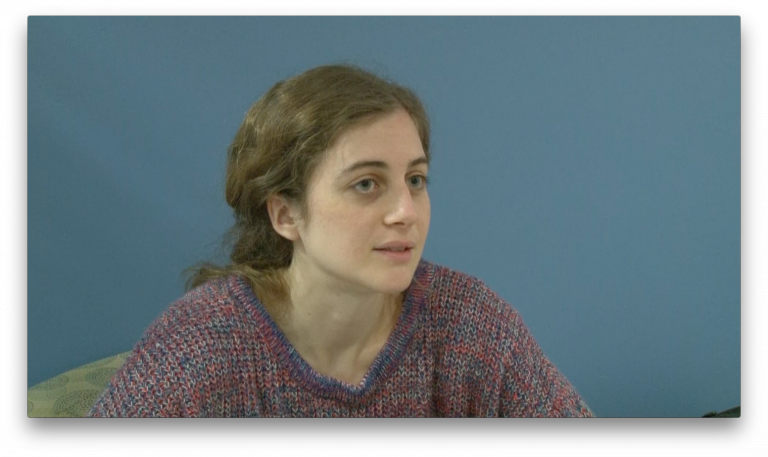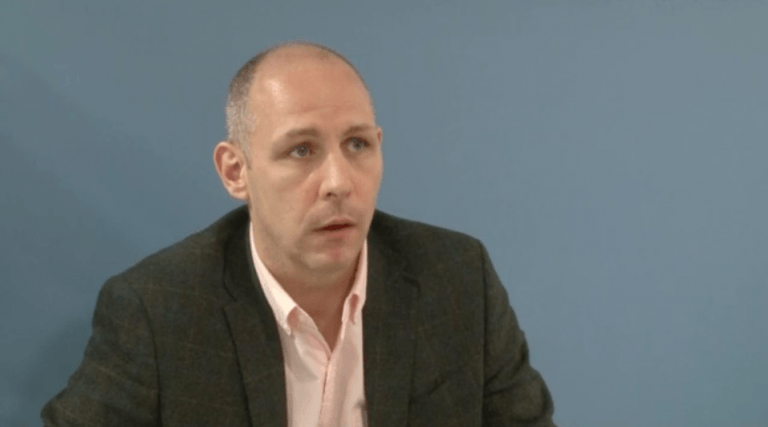Month: August 2018
A story of powers and capabilities: Interview with Natalia Chaban
Problems with cyber war: What do we do? Interview with Kathryn Sikkink
Problems with cyber war: What do we do? Interview with Kathryn Sikkink
In the wake of Christopher Wylie announcing to the world the scandal of Cambridge Analytica’s operations, individuals in the U.S. and around the world have been wondering what they actually need to know to protect themselves.
Kathryn Sikkink, in her exploration of social movements and their ability to frame issues, discussed actionable steps individuals can take not just for themselves, but for the greater good. She brings to light the fact that cyber security attacks have a broad impact leading to national security issues.
Responding to earlier panels, Sikkink discussed remedies to technology from the perspective of states, corporations, and individuals. This video describes steps for each unique group.
“We need social media”: Interview with Christina Varvia
"We need social media": Interview with Christina Varvia
To start off the Contentious Narratives conference, Christina Varvia presented her work on spatial analysis with Forensic Architecture in combination with human rights groups around the world. She argues social media and open source media are important for human rights organizations as they try to combat misinformation by powerful actors.
Varvia ties in the history of the media sphere and the invention of the radio as journalists and academics seek to understand the misinformation and propaganda associated with the rise of social media. If given the time to adjust to new technologies and the truths they claim to bring, the societies utilizing the technologies will be be better equipped to react to misinformation. She suggests new information-communication technologies provide an opportunity for the democratization of information as long as users provide enough time to adjust to the new media landscape.
For more information on Christina Varvia, visit our conference page.

